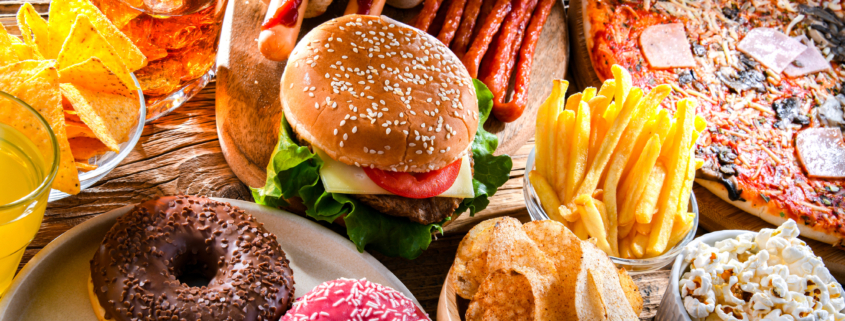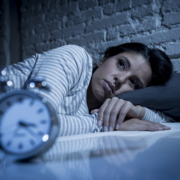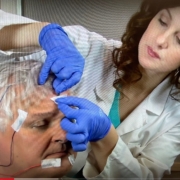Top Ten Foods to Avoid for a Good Night’s Sleep
Top Ten foods to avoid to get a good night’s sleep
Do you find yourself tossing and turning at night, struggling to get a good night’s sleep? The solution might be as simple as watching what you eat before bedtime. What you consume in the hours leading up to sleep can have a significant impact on the quality of your slumber. At Comprehensive Sleep Care Center, we understand the importance of a restful night’s sleep, which is why we’re here to help you make informed choices about your pre-sleep snacks. In this blog, we’ll explore the top ten foods to avoid before bedtime to ensure you wake up feeling refreshed and rejuvenated.
1. Caffeine
It’s no surprise that caffeine tops our list. Coffee, tea, and even some sodas contain caffeine, a stimulant that can disrupt your sleep. The half-life of caffeine varies from person to person, but it can remain in your system for several hours, affecting your ability to fall asleep and the quality of your sleep once you do.
2. Alcohol
While a nightcap may seem like a good idea, alcohol can disrupt your sleep cycle. It may initially make you feel drowsy, but it can lead to fragmented and less restorative sleep. To enjoy a better night’s sleep, consider limiting alcohol intake, especially in the hours leading up to bedtime.
3. Spicy Foods
Spicy foods can cause heartburn and indigestion, making it difficult to relax and fall asleep comfortably. Avoid spicy dishes before bedtime and opt for milder alternatives to prevent these discomforts.
4. High-Fat Foods
High-fat foods, such as greasy or fried items, can be difficult to digest and may lead to discomfort during the night. These foods can also trigger acid reflux, leading to disrupted sleep. Opt for lighter, easily digestible meals closer to bedtime.
5. Heavy or Large Meals
Eating large meals or heavy portions late at night can be problematic for your sleep. Your body works to digest the food, which can cause discomfort and even lead to sleep-disrupting heartburn. Try to finish your last substantial meal at least 2-3 hours before bedtime.
6. Sugary Snacks
Sugary treats like candy, chocolate, and desserts can lead to energy spikes and crashes, making it difficult to fall asleep and stay asleep. High sugar consumption before bed can also lead to nighttime awakenings, so choose healthier options for your evening snacks.
7. Citrus Fruits
Citrus fruits, like oranges and grapefruits, are acidic and can cause heartburn or acid reflux. If you’re prone to these conditions, it’s best to avoid citrus fruits before bedtime.
8. Tomatoes
Tomatoes are also acidic and can contribute to heartburn, especially when consumed close to bedtime. Consider limiting tomato-based sauces or dishes in the evening.
9. High-Protein Foods
Protein takes longer to digest than carbohydrates, and consuming too much protein late at night can make it challenging to fall asleep. If you want a bedtime snack, choose something light and low in protein.
10. Carbonated Drinks
Carbonated beverages, such as soda and sparkling water, can lead to gas and bloating, which can be uncomfortable while trying to sleep. Opt for plain water or herbal tea as a more sleep-friendly choice.
A good night’s sleep is crucial for your physical and mental well-being, and what you eat before bedtime can significantly affect the quality of your rest. Avoiding caffeine, alcohol, spicy, high-fat, and heavy meals, as well as sugary snacks, citrus fruits, tomatoes, high-protein foods, and carbonated drinks can go a long way in promoting better sleep. Instead, consider lighter, sleep-friendly alternatives like herbal tea, whole-grain crackers, or a small portion of a dairy product.
At Comprehensive Sleep Care Center, we encourage you to make mindful choices about your pre-sleep snacks and invest in the restorative sleep your body deserves. If you have sleep related issues contact our sleep medicine providers at Comprehensive Sleep Care Center and Say Hello to Sleep Again…











